April 23, 2025 | 18:10 GMT +7
April 23, 2025 | 18:10 GMT +7
Hotline: 0913.378.918
April 23, 2025 | 18:10 GMT +7
Hotline: 0913.378.918
Khanh Hoa High Technology Agriculture Center based in Suoi Cat commune, Cam Lam district (Khanh Hoa province) was established in 2004 on a foundation of the infrastructure and the land of Suoi Dau Experimental Center of Plants and Animals.
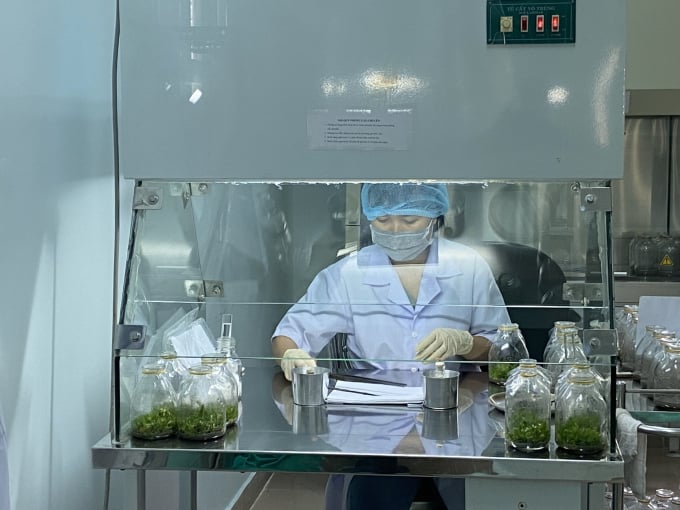
Khanh Hoa High Technology Agriculture Center provided disease resistant plant varieties to farmers. Photo: KS.
The Center is a public non-business unit in the field of agriculture and is recognized as a science and technology facility. Since 2020 the center has set up tissue culture labs and put them into use.
Mai Xuan Thuong, Director of Khanh Hoa High Technology Agriculture Center said after ten years of training human resources and establishment of infrastructures for tissue culture, the center has so far created various disease resistant varieties for farmers within and outside the province.
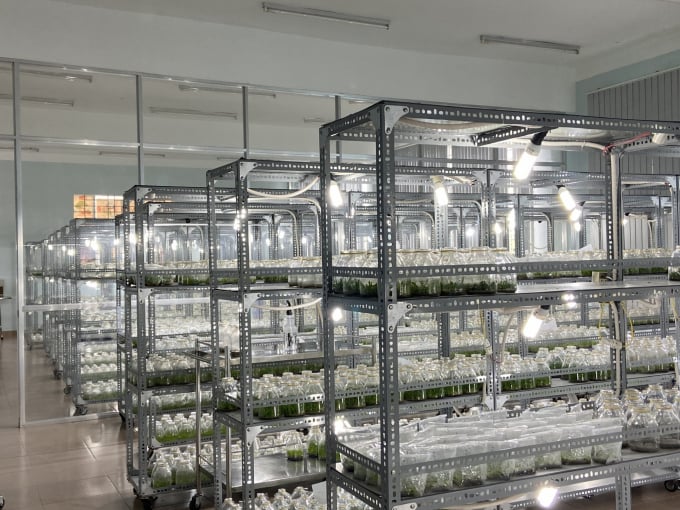
The Plant Tissue Culture Lab at Khanh Hoa High Technology Agriculture Center. Photo: KS.
Particularly, after importing and testing the Australian mango varieties the center chose R2E2 variety which gives good quality and high yield. By grafting R2E2 mango with local Canh Nong mango variety, the center has produced completely-grafted mango trees
These grafted mango trees can both withstand the harsh local environmental conditions and produce tasty mangoes that meet foreign standards. From the initial planting of 10 hectares in the Center the area of the Australian mango variety in Khanh Hoa has expanded to 5,000 hectares so far. Besides, the mango variety has now been widely grown in the provinces of the Mekong Delta, Central Highlands and South Central Region.
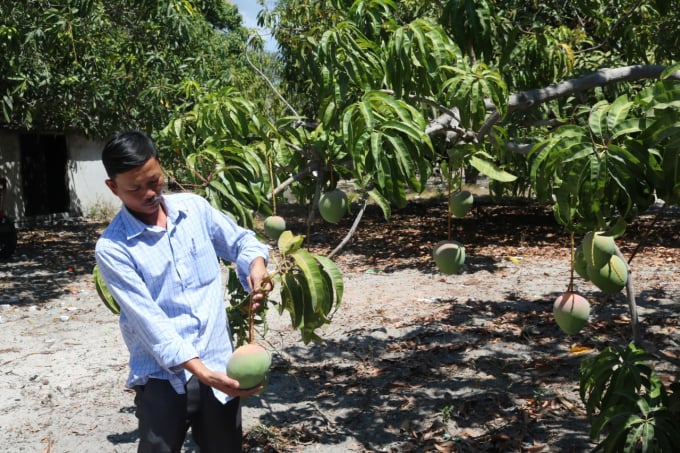
The Australian mango variety is now widely grown in Khanh Hoa. Photo: KS.
"Since 2006 the center has transferred the R2E2 mango variety to Cam Lam district, the largest mango-growing area in Khanh Hoa province. Many farmers have got rich thanks to cultivating the mango variety as they could earn a profit of VND200,000,000-VND300,000,000 per hectare unit on average. The fruits are mainly exported to foreign markets such as Mainland China, Dubai, Hongkong, Australia, New Zealand and many Southeast Asian countries," Thuong said.
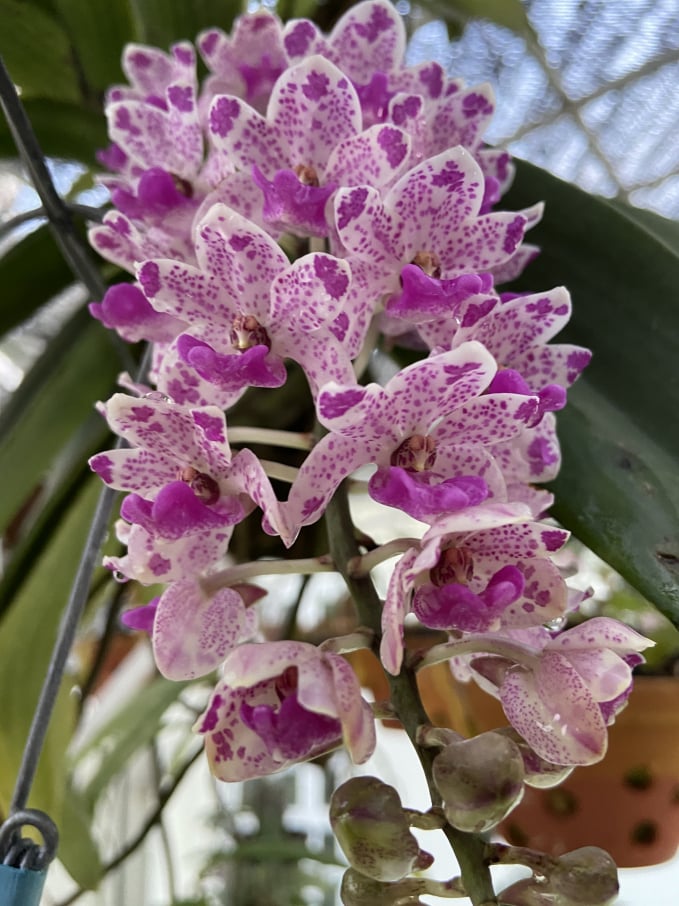
A tropical orchid cultivar created by the Center through tissue culture technique. Photo: KS.
Apart from the Australian mango variety the center has successfully developed more than 20 cultivars of tropical orchid such as mokara, dendro through tissue culture. At the same time the center has built up the technical procedure for caring orchid plants from young to adult stages. In addition, it has successfully created paramignya trimera cultivar, a precious herbal medicinal plant.
Alongside developing high-quality cultivars, Khanh Hoa High Technology Agriculture Center has adopted tissue culture technique to restoring various valuable cultivars such as chrysanthemum, lily, purple sugarcane and banana which can bring higher economic values to farmers in Khanh Hoa. Due to out-of-date farming methods, degraded cultivars and the accumulation of disease pathogens the productivity and economic efficiency of these varieties has decreased.

Tissue-cultured banana plantlets gave a significant increase in yield. Photo: MH.
According to Mai Xuan Thuong, with the application of tissue culture technology the center has provided flower-growing areas in Nha Trang City, Ninh Hoa Town and Cam Lam district with nearly 100,000 Chrysanthemum plants every year. The cultivars developed by the center have won local farmers' trust thanks to the characteristics such as disease resistance, higher yield and higher quality.
Additionally, in 2005 the center transferred tissue-cultured purple sugarcane and sugar banana cultivars to Khanh Son district to replace the degraded old plants. In particular the sugar banana cultivar has been widely grown on hundreds of hectares in Khanh Hoa and its neighboring provinces.
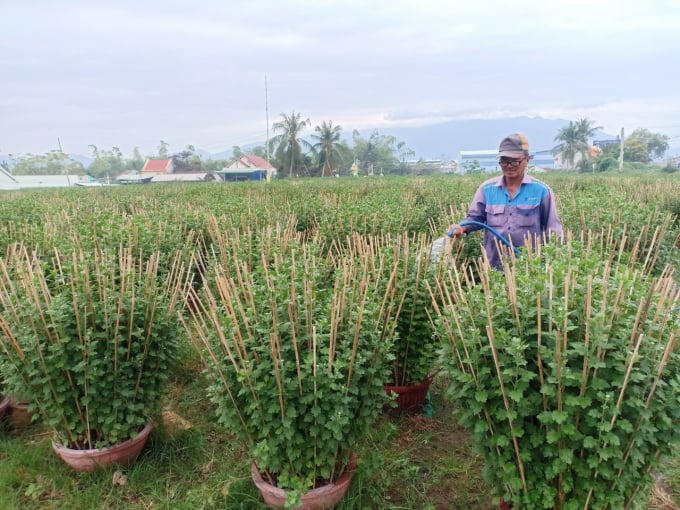
A Chrysanthemum -growing area in Ninh Giang (Ninh Hoa town). Photo: MH.
Similarly, through tissue culture, Khanh Hoa High Technology Agriculture Center has successfully restored various rice cultivars such as ML48, SH14, ML4-2, Nàng Hoa, TH6, TH41, IR17494, Việt Hương Chiếm which are popularly cultivated in the area.
As a result, nearly 13,000 hectares accounting for 76% of Khanh Hoa's rice land are now cultivated with the rice varieties created by the center every winter-spring crop and every summer-autumn crop.
In the next time Khanh Hoa High Technology Agriculture Center will expand its cell culture lab to meet the demand and develop more new varieties in the two approaches. Apart from developing and testing short-duration rice varieties the center continues to focus on researching and creating paramignya trimera plantlets through in vitro technique, grafting local mango trees with late varieties of mango like the US Kett to give farmer more choices.
Translated by Mai Tham
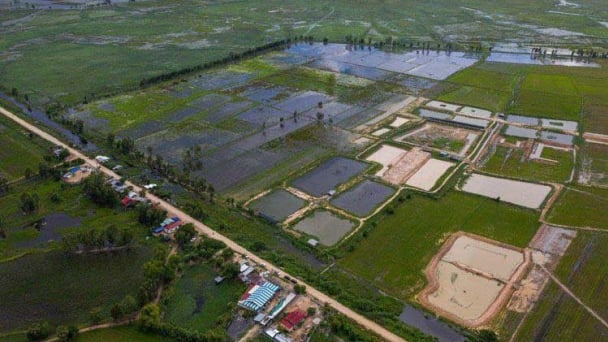
(VAN) Jiangsu province is gearing up to host training programs in Phnom Penh, the capital of Cambodia, this year to establish the Fish and Rice Corridor.
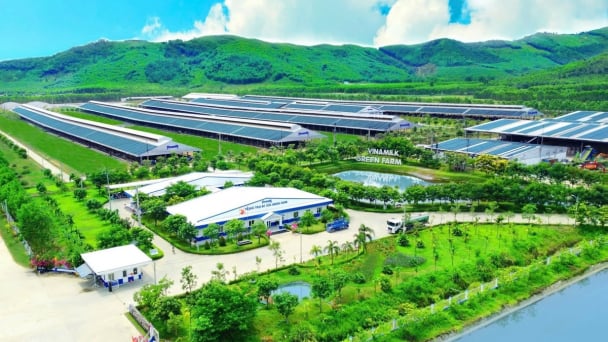
(VAN) Le Hoang Minh, representing Vinamilk, shared the company's experience in energy saving and green energy transition for production at a workshop held during the P4G Summit.
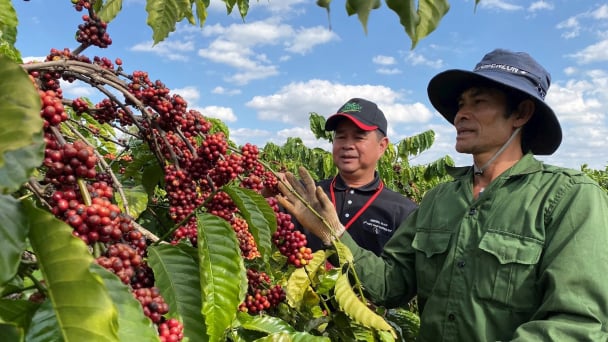
(VAN) Businesses emphasize fairness and equality when integrating social factors into their sustainable development strategies.
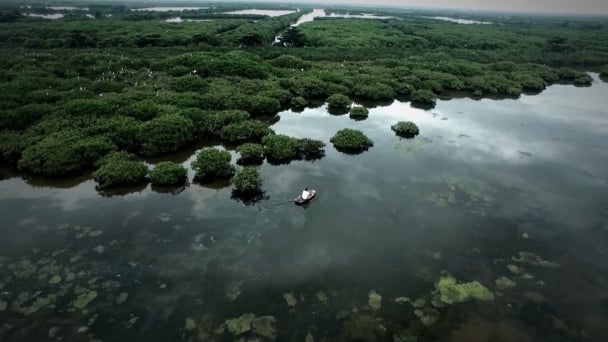
(VAN) French organizations and enterprises propose that Thai Binh province provide potential and long-term cooperation contents related to climate change response and green industrial development.
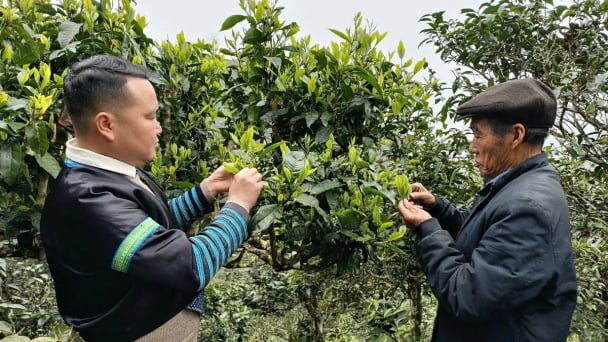
(VAN) Shan Tuyet tea is considered a 'heavenly treasure'. The H'mong people allow the tea to grow naturally, adhering to organic production principles, with the aim of exporting the product.
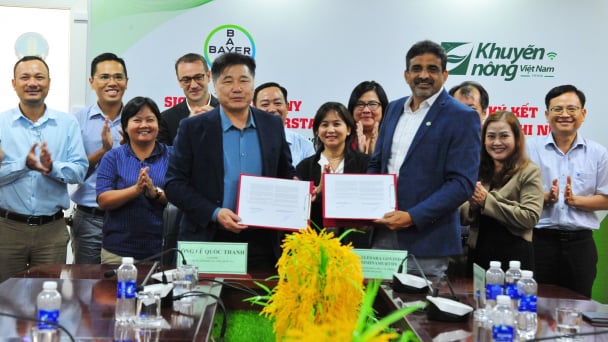
(VAN) Bayer Vietnam and the National Agricultural Extension Center have signed a partnership agreement to expand the development of effective and safe farming models for rice, durian, and coffee.
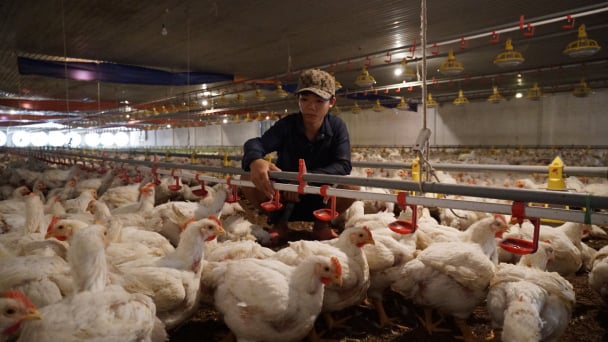
(VAN) Tay Ninh province possesses all the favorable conditions, from natural advantages to geographic location and social harmony, to drive economic development, particularly in attracting investment and advancing modern livestock farming.